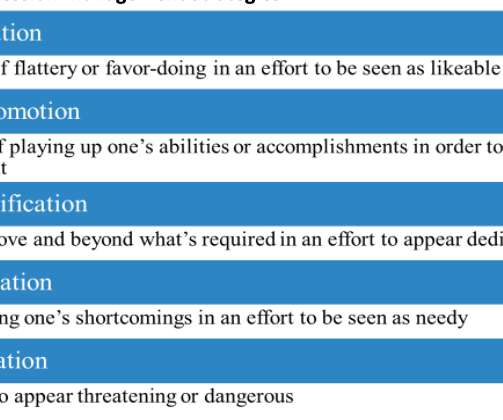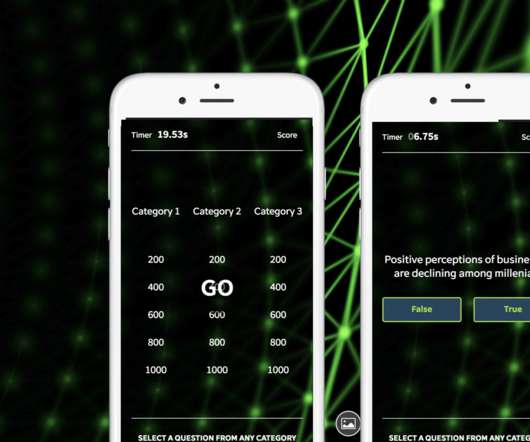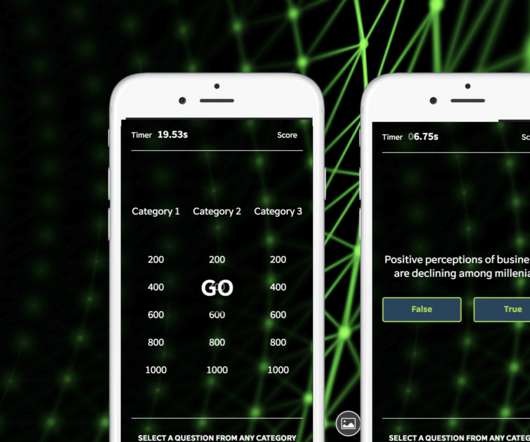Mobile Learning - No Pedagogy Required!
Corporate eLearning Strategies and Development
JULY 16, 2014
I''m not skeptical of the research or the authors, but I do question the practical applications of these learning theories, models, and frameworks. Pedagogy is defined (according to a quick Googling) as a method or practice of teaching. Remember: Social media is a conversation. It''s about the shift in power and control.















































Let's personalize your content